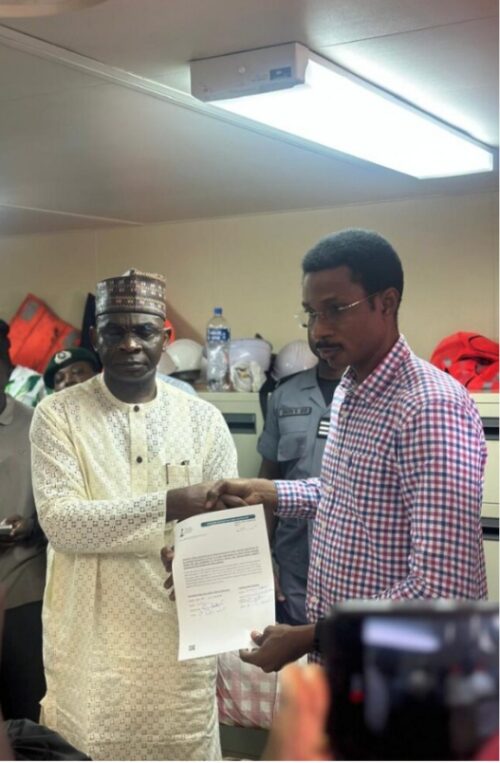How Underdevelopment of Nigeria’s Shipping, Bunkering Industries Fuel Continued Payment of WRI Premium – Umoren
How Underdevelopment of Nigeria’s Shipping, Bunkering Industries Fuel Continued Payment of WRI Premium – Umoren
Nifemi Coker

The Secretary-General of the Abuja Memorandum of Understanding (MoU), Captain Sunday Umoren, has attributed the continued imposition of War Risk Insurance (WRI) premiums on vessels calling at Nigerian ports to two critical factors: the underdevelopment of Nigeria’s shipping capacity and bureaucratic bottlenecks stifling its bunkering industry.
Speaking at the 3rd edition of the Maritime Reporters Association of Nigeria (MARAN) Annual Maritime Lecture, Umoren lamented that the continuous payment of WRI premiums by vessels operating in Nigerian waters translates into increased costs of goods and services for ordinary citizens.
He explained that the annual outflow of an estimated $1.5 billion in premium costs drains the Nigerian economy of scarce resources, noting that the country possesses the potential to reverse the trend.
According to him, reviving and expanding indigenous shipping capacity to participate actively at the international level, developing bunkering infrastructure, and streamlining regulatory processes would enable Nigeria to compete more favourably in the global maritime sector.
He, however, stressed that such progress requires sustained commitment from both policymakers and private-sector players.
“In addressing the issue of war risk insurance premiums, we must ask: who is benefitting? It is the shipowners. But how many shipowners do we have in Nigeria?
“Once we reach a stage where the majority of shipowners are Nigerians, the world will no longer dictate our fate,” he said.
Umoren observed that with many ships now avoiding the Mediterranean route and opting to sail via the Cape of Good Hope, Nigeria has a unique opportunity to position itself as a major hub for bunkering.
“Why is bunkering not thriving in Nigeria? Why must operators secure so many permissions and approvals just to bunker vessels here? Why do you have so much bottlenecks in the loop?
He argued that with development of bunkering infrastructure, if Nigeria becomes a compulsory destination for bunkering, the country would wield stronger bargaining power in the global maritime scene.
“If ships must come to our ports to bunker, shipowners will also feel the pinch and mount pressure on the world to ensure that the premium, which eventually leads to higher freight, is being reduced,” he added.
Umoren maintained that such reforms would strengthen Nigeria’s position in global maritime trade, enhancing its ability to both contribute to and benefit from international shipping.
He further emphasised that the Blue Economy holds enormous potential for national development, stressing that Nigeria must strategically position itself to fully harness the opportunities inherent in the sector.






